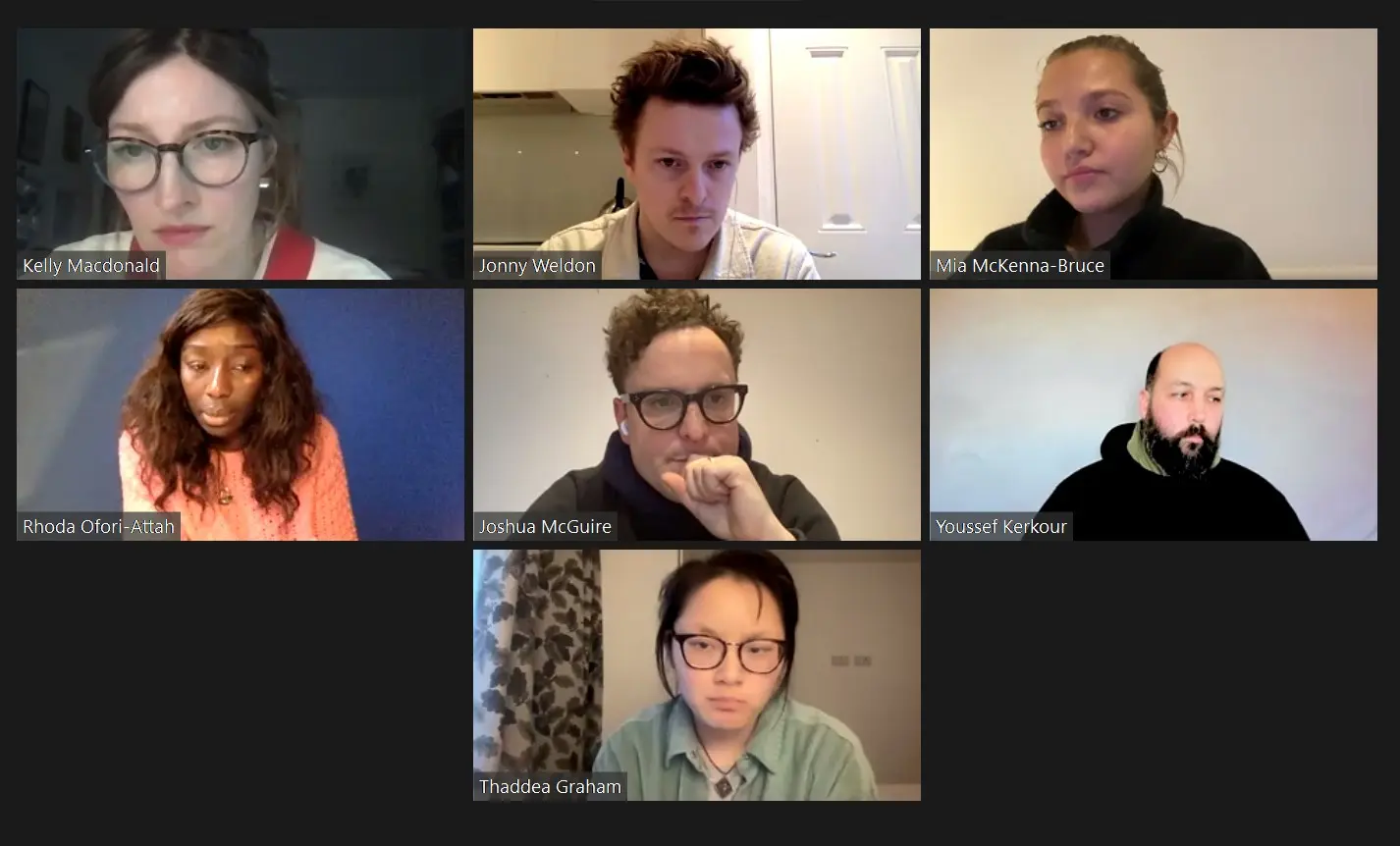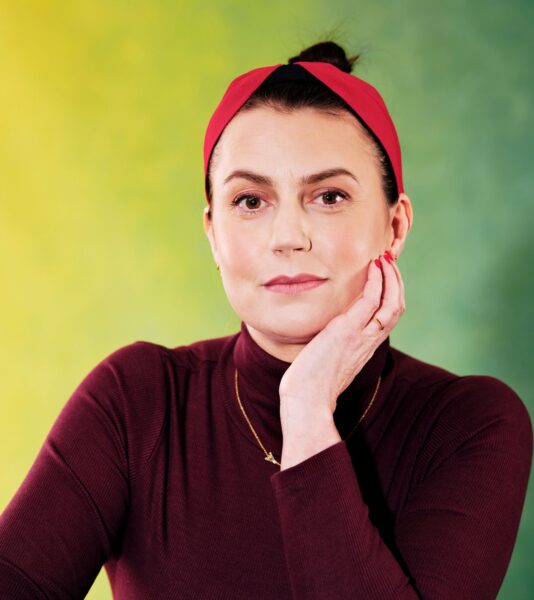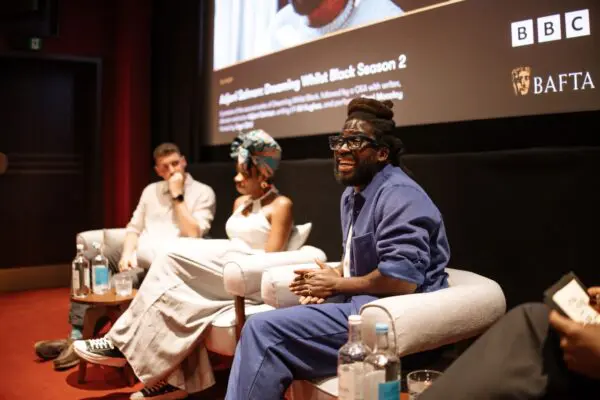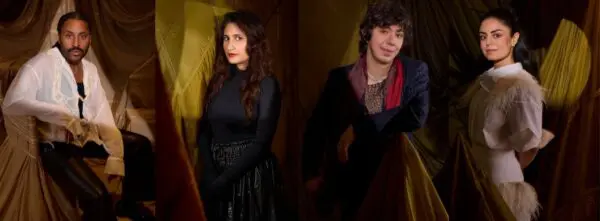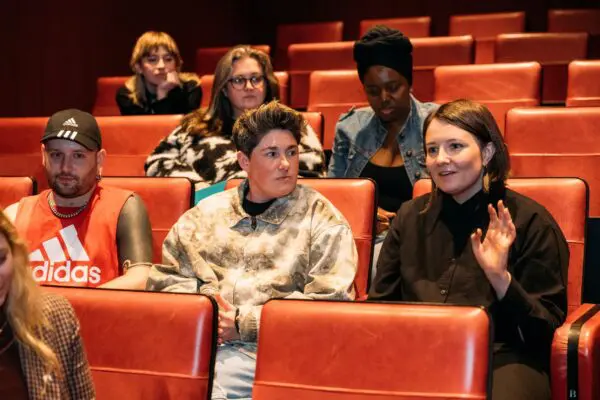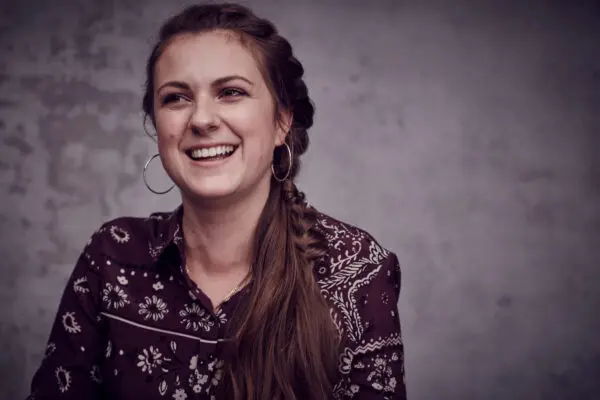Want the chance to have your work performed, and get feedback from industry experts? Then the BAFTA Rocliffe New Writing Competition could be for you.
A platform for aspiring screenwriters that runs twice a year Rocliffe is part of BAFTA’s charitable commitment to supporting the next generation of film, games and TV talent. Calling for entries for Film, Television Drama, Children, Family & YA Media, and Television Comedy scripts on a rotational basis there is plenty of opportunity to get involved no matter what your specialism.
In 2024 we were accepting entries for the Television Comedy and Film categories. And in 2025 it will be the turn of Children, Family and Young Adult Media, and TV Drama.
How does the competition work?
If you are an aspiring screenwriter you are invited to submit an original script idea for a series, a feature or short film to the competition.
Submissions will be blind reviewed, and three lucky finalists will have their script extracts performed by a professional cast to an audience of BAFTA members and industry professionals.
Why apply?
The competition, which has been running since 2000, provides a unique platform for emerging writing talent from across the country. It’s a chance to hear your work read by professional actors, take part in a development-focused discussion generated by the readings of your work, and get feedback and advice.



